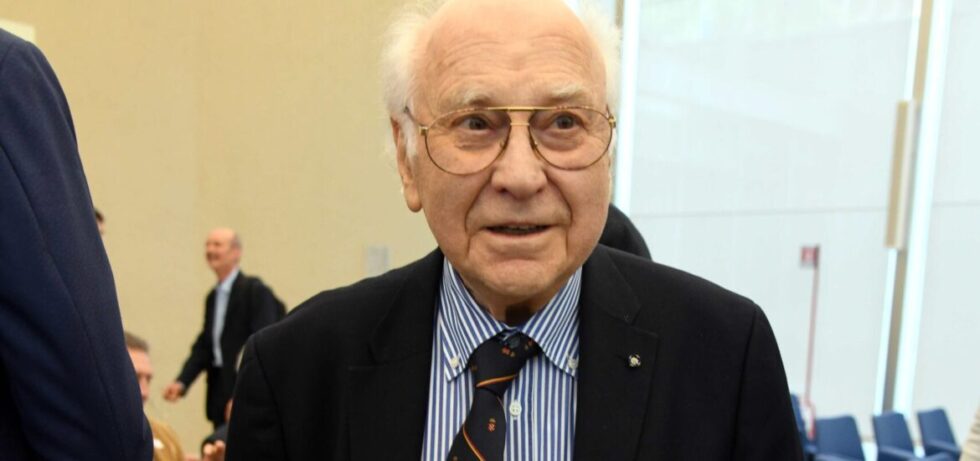
Nuclear Fusion Power plants promise to fulfill the dream of clean and unextinguishable energy. They would radically change how we view industry, production, and consumption, opening limitless opportunities for mankind. Yet because of this, they are the ultimate technological frontier and bitter power competition, exacerbated in the present climate.
The practical application is still far away, but research is gearing up.
Bruno Coppi, one of the world’s leading nuclear and energy physicists specializing in atomic fusion, was born in Italy but has lived in the United States for over sixty years.
We met for the first time almost twenty years ago, in 2006. Was it a completely different era?
Absolutely yes. Then an agreement was reached that committed Italy, the United States and Russia to develop the line of research in the field of nuclear fusion that is still the most promising. This line was opened at MIT with the Alcator project and then advanced both at MIT and in Italy.
Currently, the advanced technologies introduced in the field of fusion with this line (and the physics research on which it is based) are adopted in the major projects launched in the United States, the United Kingdom and China. We have no recent news from Russia on this subject. In this regard, I would like to recall the long and fruitful scientific cooperation with the great Russian physicist Eugeny Velikov, former President of the Kurchatov Institute for Atomic Energy who passed away on December 5 last year, with whom we have also discussed and dealt with nuclear disarmament. In fact, the collaboration on the Alcator-Ignitor line of research between MIT and the Kurchatov Institute was initiated with Velikov well before the Washington agreement. Unfortunately, the Kremlin’s involution – not to mention the invasion of Ukraine – have completely interrupted relations between Russian and American scientists: a dialogue that is fundamental for maintaining peace. It would be interesting to understand how to pick up the thread between scientists in a world torn by so many wars as the one we are living in.
Has there been any progress in nuclear fusion since then?
Still by 2050 we will not be prepared to produce the necessary electrical energy while avoiding the dangerous levels of emissions associated with fossil fuels. We must therefore accelerate research and experimentation on nuclear fusion because we expect it to offer new perspectives and new lines of action.
Civilian fusion projects have had many enemies since the beginning because they touch on very strong interests in the energy industry. This was not the case for nuclear fusion research with funds “protected” by military management. In fact, thanks to this management, the National Ignition Facility project (at Livermore in California) was successful, having attained the goal of ignition by fusion reactions in the laboratory for the first time. The goal of ignition to be achieved in the laboratory was formulated and developed well before (starting in the Seventies) with the Ignitor program based on the successes of the Alcator programs at MIT in the USA and the subsequent FT-Torus in Italy at Frascati .
In Europe and Italy, the mistakes made in the past by their bureaucracies have not helped, such as not having correctly assessed the limits of the international ITER project in France, supported by the European Commission. The mission of the IGNITOR machine, the first of its kind to be completely designed to demonstrate the scientific feasibility of a fusion reactor capable of producing usable energy, remains valid and necessary: I hope that the experimentation will begin as soon as possible, which unfortunately Italy has not been able to implement in the past.
Are there other involved countries, besides the USA and France?
China, Germany and the UK are making significant progress with their new projects.
Another aspect that I would like to point out is that today we are working on the line of hybrid reactors (which combine fission and fusion processes) after E. Velikov and I had indicated their feasibility in 2019 based on the results of the Alcator machine for the fusion part. The news that China has allocated funds to finance the first hybrid reactor is very recent.
I am, however, rather skeptical about the unrealistic characteristics often attributed to all the so-called S.M.R. fission reactors starting from their expected costs. But I am instead decidedly in favor of the realization of those that can be built with predictable and promising characteristics.









